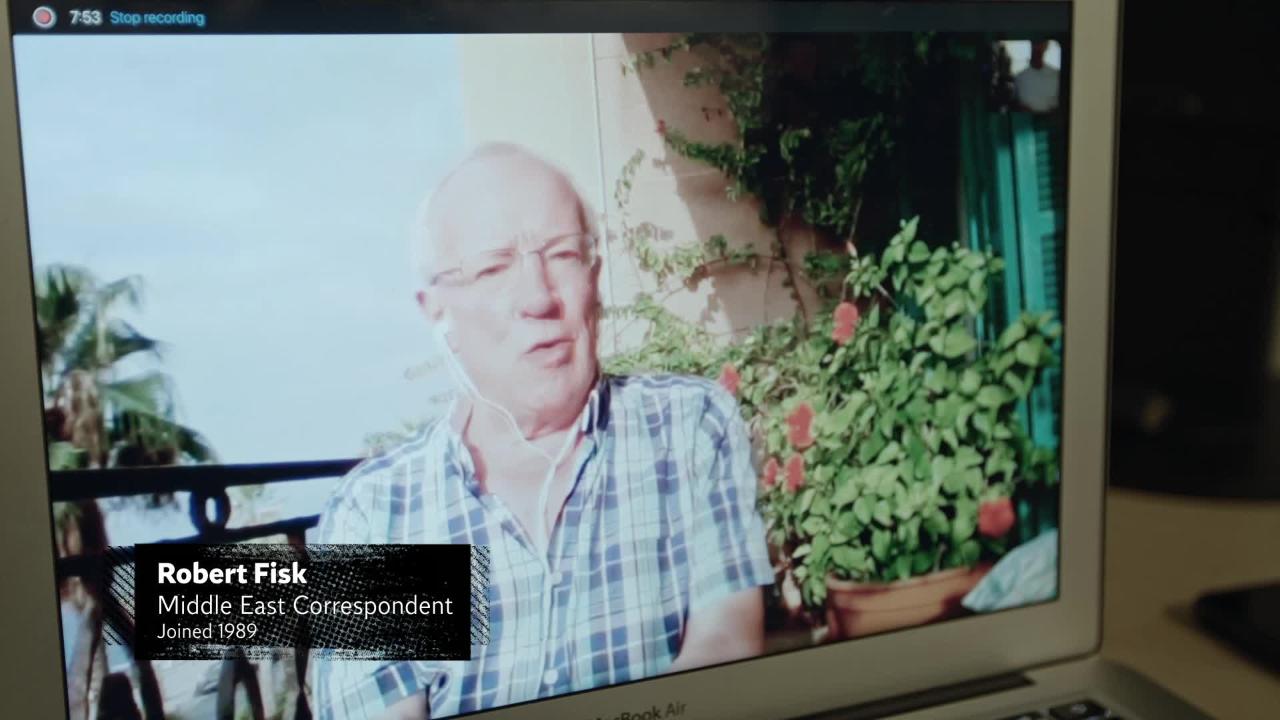Lionel Shriver says it is time to end the #MeToo movement
'The movement has run its course and we can pretty much call time on it now'

Your support helps us to tell the story
From reproductive rights to climate change to Big Tech, The Independent is on the ground when the story is developing. Whether it's investigating the financials of Elon Musk's pro-Trump PAC or producing our latest documentary, 'The A Word', which shines a light on the American women fighting for reproductive rights, we know how important it is to parse out the facts from the messaging.
At such a critical moment in US history, we need reporters on the ground. Your donation allows us to keep sending journalists to speak to both sides of the story.
The Independent is trusted by Americans across the entire political spectrum. And unlike many other quality news outlets, we choose not to lock Americans out of our reporting and analysis with paywalls. We believe quality journalism should be available to everyone, paid for by those who can afford it.
Your support makes all the difference.Lionel Shriver has called on the #MeToo movement to come to an end.
Speaking at Cheltenham Literature Festival, the controversial author of We Need To Talk About Kevin said that the ongoing movement against sexual harassment has “run its course” and is having a negative effect on relationships between men and women.
According to The Times, Shriver said that that the movement had been “important to begin with”, having exposed “some of the real malefactors” such as Hollywood producer Harvey Weinstein.
However, she added: “Then it took a turn and suddenly we were talking about bad dates and bad taste or making crass remarks and it trivialised itself and I thought that was really regrettable.
“I don’t like the feeling that now everyone has to have their story of some kind of terrible sexual abuse in order to be able to have an opinion about any of this stuff.
“I don’t want younger women to locate their sense of power in their weakness, in their fragility. I think the movement has run its course and we can pretty much call time on it now.”
Shriver also criticised Christine Blasey Ford, the woman who claimed US Supreme Court nominee Brett Kavanaugh sexually assaulted her when she was 15 and he was 17. He denies the allegations.
“I wouldn’t say it was negligible [the incident] but I also did not think it was life-changing,” the author said, adding that she failed to comprehend how Blasey Ford was “haunted by it and having post-traumatic stress disorder symptoms”.
“Let’s have a sense of proportion about sexual offences and levels of grievousness,” Shriver continued.
“I dislike this expression 'rape culture' which is used to throw all different offensive behaviours in the same basket and that they are all equally bad. I admire her [Blasey Ford] for being willing to go through that but I don’t think she was an icon of strength and resilience.”
Shriver has been outspoken on a number of occasions, recently causing controversy after calling Penguin Random House “drunk on virtue” after the publisher announced new measures to further inclusivity and diversity among their writers. Following the comments, she was dropped as the judge of a literary competition.
Join our commenting forum
Join thought-provoking conversations, follow other Independent readers and see their replies
Comments